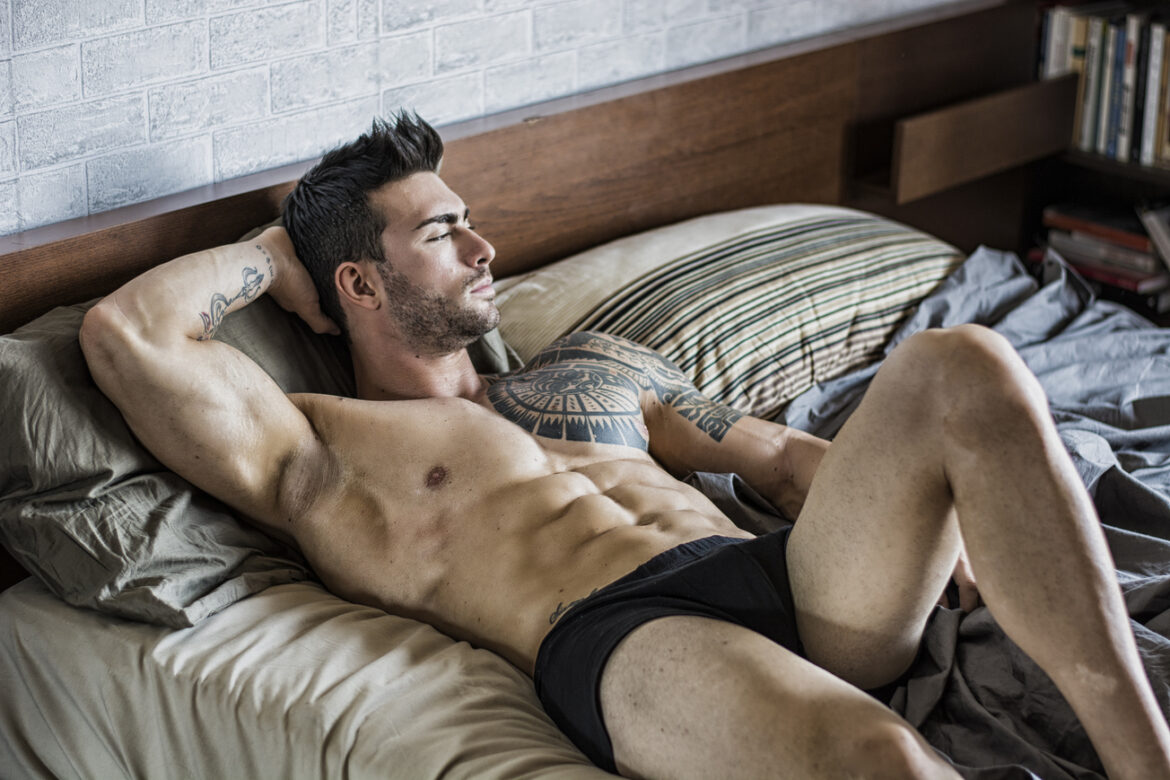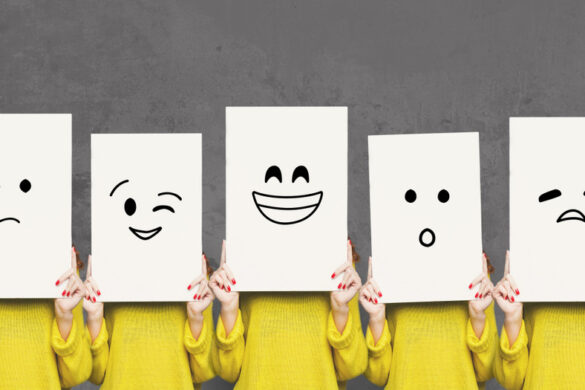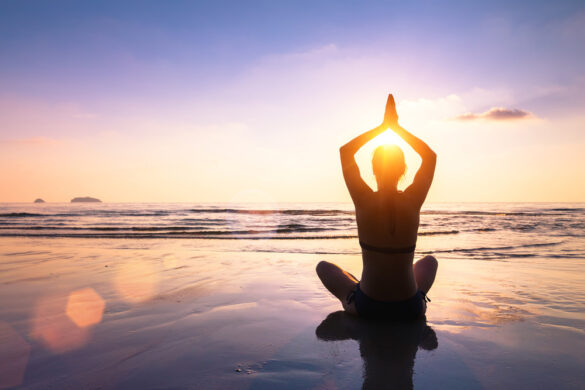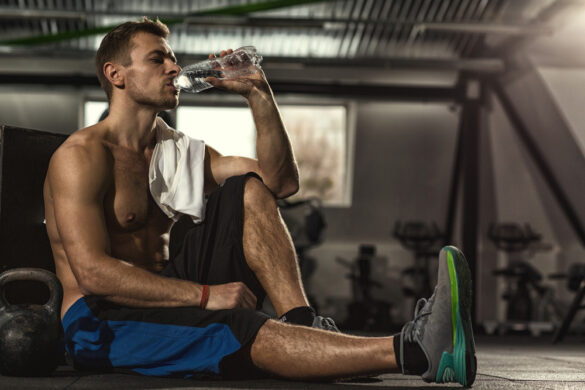Rest is something that should definitely not be neglected for sportsmen and women, no matter what their level.Rest allows for a good recovery of energy and also strength.It also allows sore muscles to recover and rebuild.
It is often a bit difficult to change a well-defined schedule to include a rest day.And especially to define the rest time and how to make it optimal.Usually "recovery" means sleep and passive rest.But active rest is also another possible form of recovery
Performance requires a good recovery
Doing repetitions continuously, reducing the recovery time between sets or between sessions, pushing heavier, running faster, the search for performance is omnipresent in the daily life of the sportsman.Many people experience pain or fatigue after an effort, at the beginning or when resuming a sport.In order to avoid this feeling, recovery must not be neglected.In addition to the training sessions adapted to the desired objectives, it is also necessary to have a correct diet and recovery sleep.This will especially help to promote a good recovery.Restoring intramuscular energy stores is one of the most important steps in a recovery phase.
- Good recovery is a prerequisite for performance.
- Recovery, an essential phase.
- How to deal with fatigue
- Is rest in bodybuilding mandatory?
- How to get a good night's sleep?
- Should you train tired in weight training?
The NERVOUS SYSTEM
The nervous system is made up of cells called neurons which ensure its functioning.A human being has several billion neurons.
These neurons allow the transmission of nerve impulses or messages.And each one has a specific role in the functioning of the nervous system.
So neurons are classified according to their function.They are involved in the basis of the relationship between the nerves and the muscles.There is also the capacity of a muscle to respond to nerve information.
During reflexes, there are structures that take place in the nervous
system.Automatic movement is part of the consequence of learning
reflexes.And there are also voluntary movements and posture.
Meditation and alternatives to relaxation
There are 2 types or techniques of relaxation: mental relaxation techniques and physical relaxation techniques.And these 2 techniques are different.
The physical relaxation techniques consist of releasing stress hormones, because during its practice, the body generates happiness hormones that will reflect on the mind.
Examples include relaxing saunas and baths, massage, laughter, sports, sex, yoga, qi gong, etc.While mental relaxation techniques consist of making the mind relax through the various techniques.
Such as autogenic training, meditation, mindfulness andguided visualisation.
- meditation and alternatives to relaxation
- Meditation or brain training
- Essential oils for performance
- progressive muscle relaxation
- Better dryness with meditation
- The benefits of meditation
Control of emotions
It is very famous that sport in regular time helps to keep fit and healthy but also to control emotions.This is more about physical sport than mental sport.Nevertheless, sport can also help to control emotions.
It is just a matter of finding and choosing the right sport for each emotion.There are several ideas for physical activities that help channel emotions.Like letting off steam to express emotions or channeling emotions by focusing on yourself.The key is to find the right activity to do.
- How to soothe negative emotions with sport?
- Anger, a misunderstood emotion
- Stress and sports performance
- Stress and pressure
- Sport against burn-out





